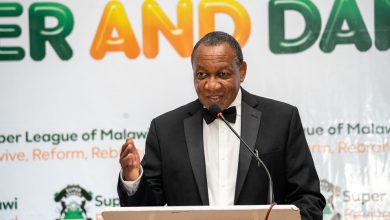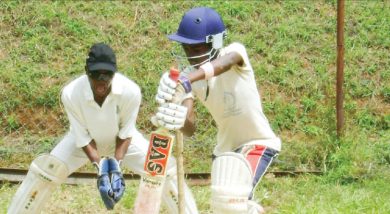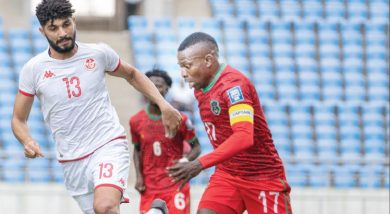Clubs want cup TV rights share
Clubs have asked Football Association of Malawi (FAM) to start sharing proceeds from cup games broadcasting and marketing rights or face an unspecified action.
Unlike in other countries where the FA distributes television rights revenue from cup competitions, in Malawi, FAM does not share Carlsberg Cup, Airtel Top 8 and Fisd Cup rights.

FAM statutes Article 66.1 states that “FAM and its affiliates are the original owners of all rights emanating from competitions and other events coming under their respective jurisdiction, without any restrictions as to content, time, place and law”.
Parts 1 and 2 read: “These rights include, among others, every kind of financial rights, audiovisual and radio recording, reproduction and broadcasting rights, multimedia rights, marketing and promotional rights and incorporeal rights such as emblems and rights arising under copyright law.”
The statutes empower FAM executive to “decide how and to what extent these rights are utilised and draw up special regulations to this end.”
The executive committee is also at liberty to determine how the rights are utilised exclusively, or jointly with a third party or entirely through a third party.
The clubs want FAM to start sharing the proceeds from cup games since they co-own the rights as they are part of affiliates through their mother body Super League of Malawi (Sulom).
Nyasa Big Bullets general secretary Albert Chigoga said FAM has been dodging the issue and that it is time to put things in order.
He said: We move back and forth on things that are straightforward. It’s simple; these television rights exist because of football clubs and FAM is not a football club. For the sake of cooperation FAM has no choice, but to pay accordingly; otherwise, there will be a backlash next time if we don’t sort out this once and for all.”
Chigoga said Bullets, Be Forward Wanderers and Silver Strikers have formed a committee to lobby FAM on the issue.
Both Wanderers and Silver Strikers confirmed dealing with the issue about TV rights.
Other clubs also voiced the same concerns.
“It is high time FAM realised that these rights are there because clubs play the cup games. Without the clubs, there can be no rights. No one will be interested in buying those rights. Unfortunately, some of us are small clubs and if we voice our concerns we will be blacklisted by FAM,” an official from a club that participated in Airtel Top 8 Cup said.
But FAM commercial and marketing director Limbani Matola said there is no agreement between FAM and the clubs for them to claim a share of the television rights.
When put to him that the FAM statutes provide for sharing of the proceeds with affiliates, Matola asked for more time before responding.
Silver general secretary and legal advisor Thabo Chakaka-Nyirenda said FAM’s failure to share the television rights revenue with clubs defeats the association’s goals and objectives.
He said: “FAM is an association whose goal is to promote football. It performs its powers on trust for the benefit of clubs and other bodies. Any revenue generated through clubs participating in cup games has to be accountable and has to benefit clubs. Since FAM has to act in the best interests of the clubs that participate in cup games, it has a duty to remit the revenue collected to the clubs who should be the ultimate beneficiaries. Clubs cannot be said to be third parties in as far as broadcasting rights revenue is concerned.”
Chakaka-Nyirenda said while FAM’s statutes empower the executive to decide how to share the proceeds from television rights, that does not mean clubs should be sidelined.
He said: “The Article 66 gives powers to the executive to determine how the revenue should be appropriated. In deciding how the revenue should be appropriated, it should be reasonably inferred that the executive should apportion shares to the clubs that participated in cup games.
“In other parts of the world, such as England and Spain or even South Africa, clubs generate huge amounts of money through broadcasting rights. Failure to allocate broadcasting rights revenue would not be congruent to the commercialisation drive championed by the very same FAM.
“Clubs have to diversify their income generating activities. Broadcasting rights revenue would be second to none in terms of amounts of money generated if properly managed.”
Television rights are a source of revenue yet to be fully tapped by Malawi football. Instead, clubs scramble for gate collections.
In 2014/2015 financial year FAM’s revenue from broadcast rights hit K211 million while in the just-ended year, the association collected K65 million.
Last year, for the first time, Super League of Malawi (Sulom) sold exclusive rights to Beta Television at K266 million for three years.
But Beta Television failed to honour the contractual agreement to make the first chunk of K133 million of which K44 million was to be shared by clubs.
The television stations also beamed just a few matches in Blantyre before announcing that they were suspending the beaming of matches due to financial problems.
Sulom has since sued Beta for breach of contract. n





